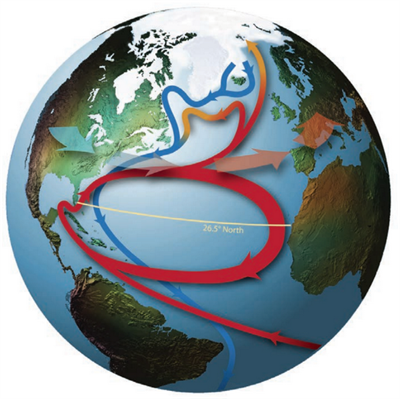14 July Washington Post, Human impact on the oceans is growing — and climate change is the biggest culprit: The world’s oceans have suffered a lot at the hands of humans — ask any marine conservationist. Unsustainable fishing, pollution and the effects of climate change are just a few of the issues that worry scientists and environmentalists. While we have a good idea of which activities are causing harm to the ocean, scientists have been less clear on which ones are the most damaging and which regions of the ocean are getting the worst of it. Now, new research has allowed scientists to map the impacts of 19 different types of human activity that have harmed the ocean over a span of five years. The study was published Tuesday in the journal Nature Communications. The researchers used global-scale data to map the cumulative impacts of human activities between 2008 and 2013, pinpointing which areas are under increasing stress, which areas are experiencing a decrease and which human activities are having the biggest impacts in which areas. They found that nearly two-thirds of the ocean in experiencing an increase in these man-made impacts — and climate change is the worst of all, driving the majority of the changes the researchers observed. Read More here – access research maps here
Tag Archives: oceans
19 June 2015, Carbon Brief, The Atlantic ‘conveyor belt’ and climate: 10 years of the RAPID project: A global project that’s been instrumental in shaping scientists’ understanding of how the oceans affect our climate celebrated its tenth birthday recently. A new paper published in Science looks back at 10 years of the RAPID project, which has been keeping tabs on how heat moves around in the Atlantic Ocean since 2004. Over its short lifetime, the project has thrown up a few surprises. Parts of the Atlantic circulation seem to have slowed down, though whether that’s down to human activity remains to be seen. Carbon Brief talks to one of RAPID’s founding scientists, Prof Harry Bryden from the National Oceanography Centre in Southampton, about the project. Read More here
Global heat transport
Above about 1,000 metres in the North Atlantic, warm water flows northwards from the equator towards the poles, releasing heat as it goes. The water cools and sinks at high latitudes, returning southwards towards the equator at much deeper depths.
This is known as the Atlantic Meridional Overturning Circulation (AMOC) and forms part of aglobal ocean conveyor belt that transports heat all around the world.

The Atlantic Meridional Overturning Circulation (AMOC). Warm water flows north in the upper ocean (red arrows) then sinks and returns south as deep cold water (blue arrows) Source: Srokosz & Bryden ( 2015) Supplementary material
